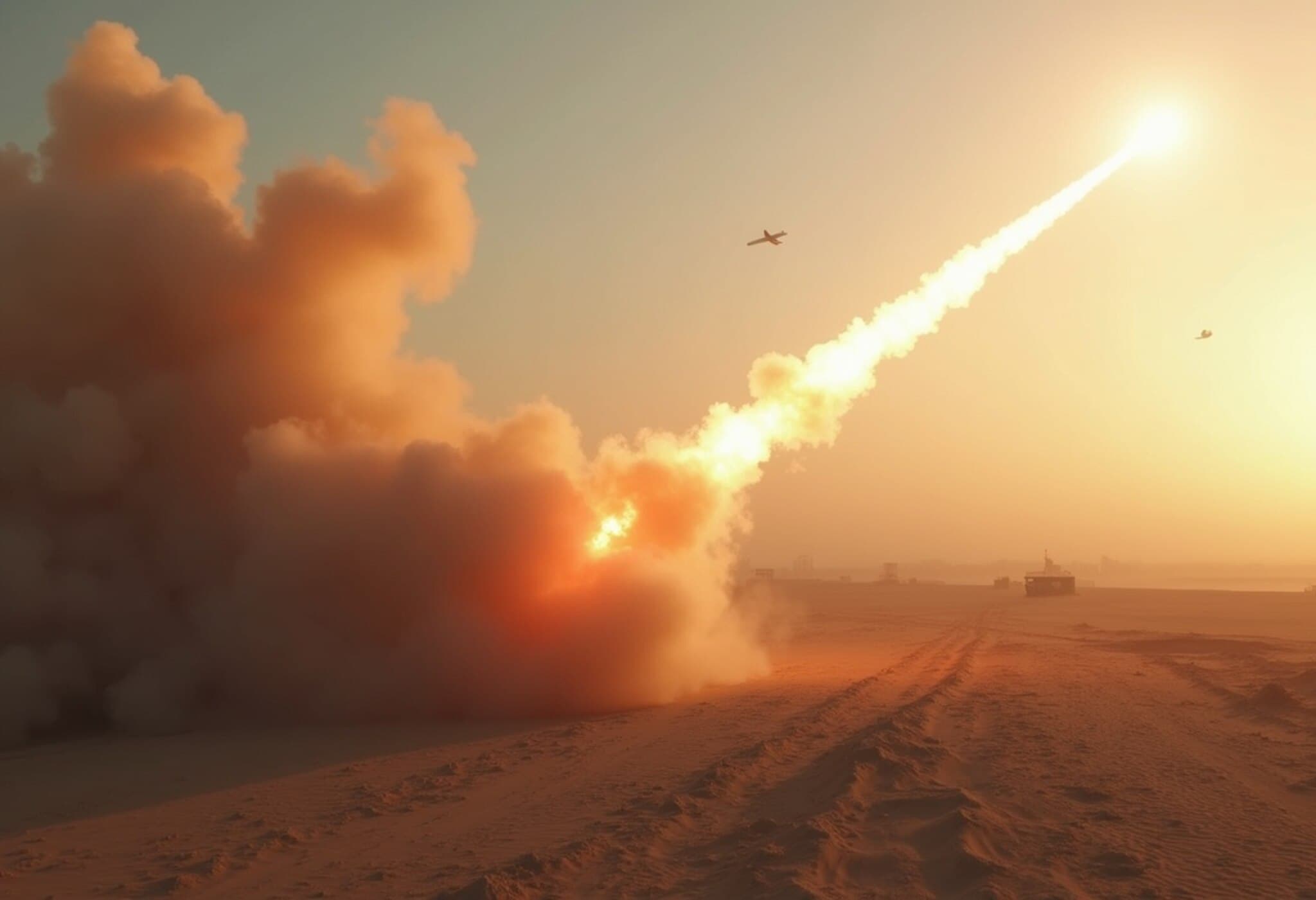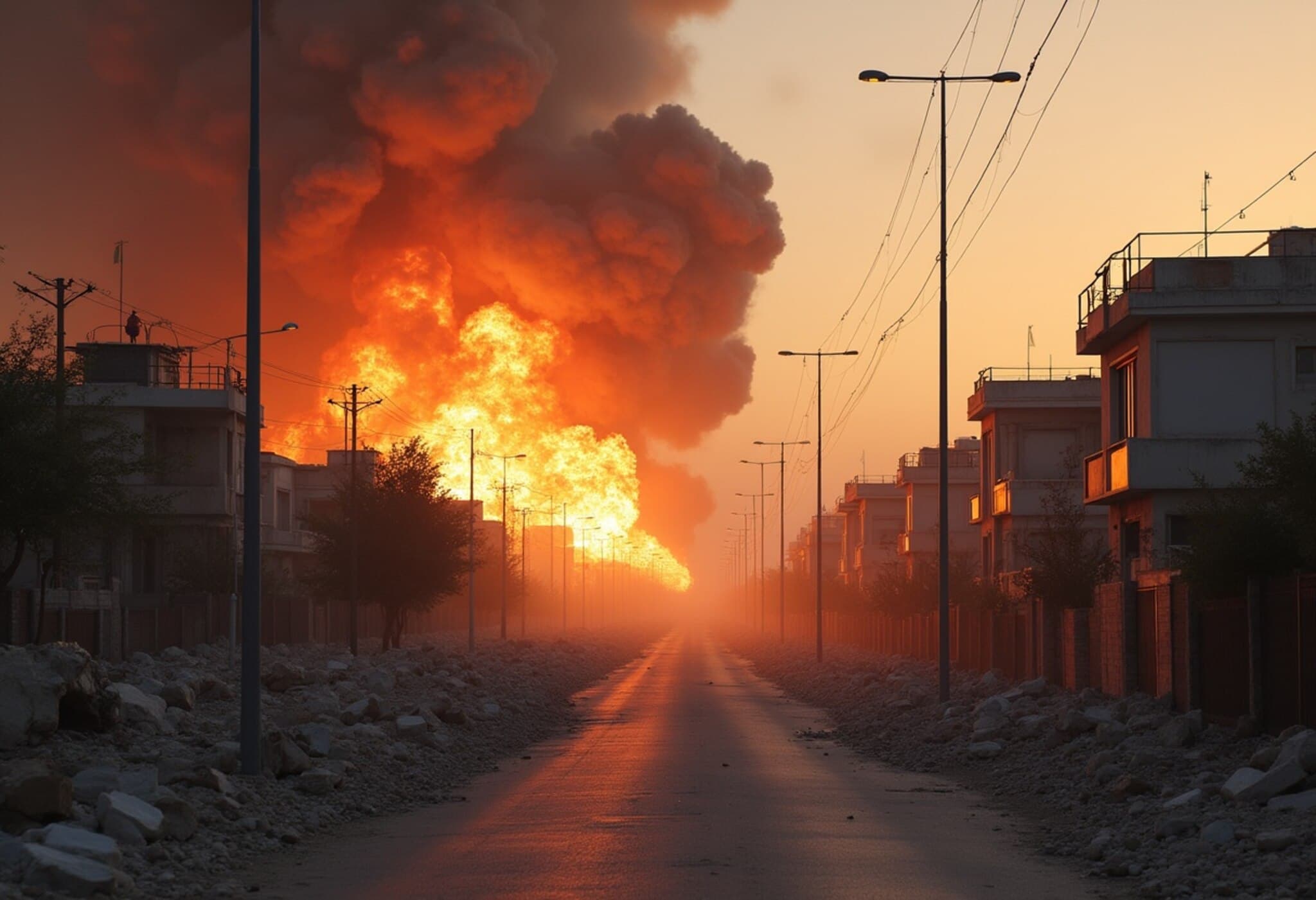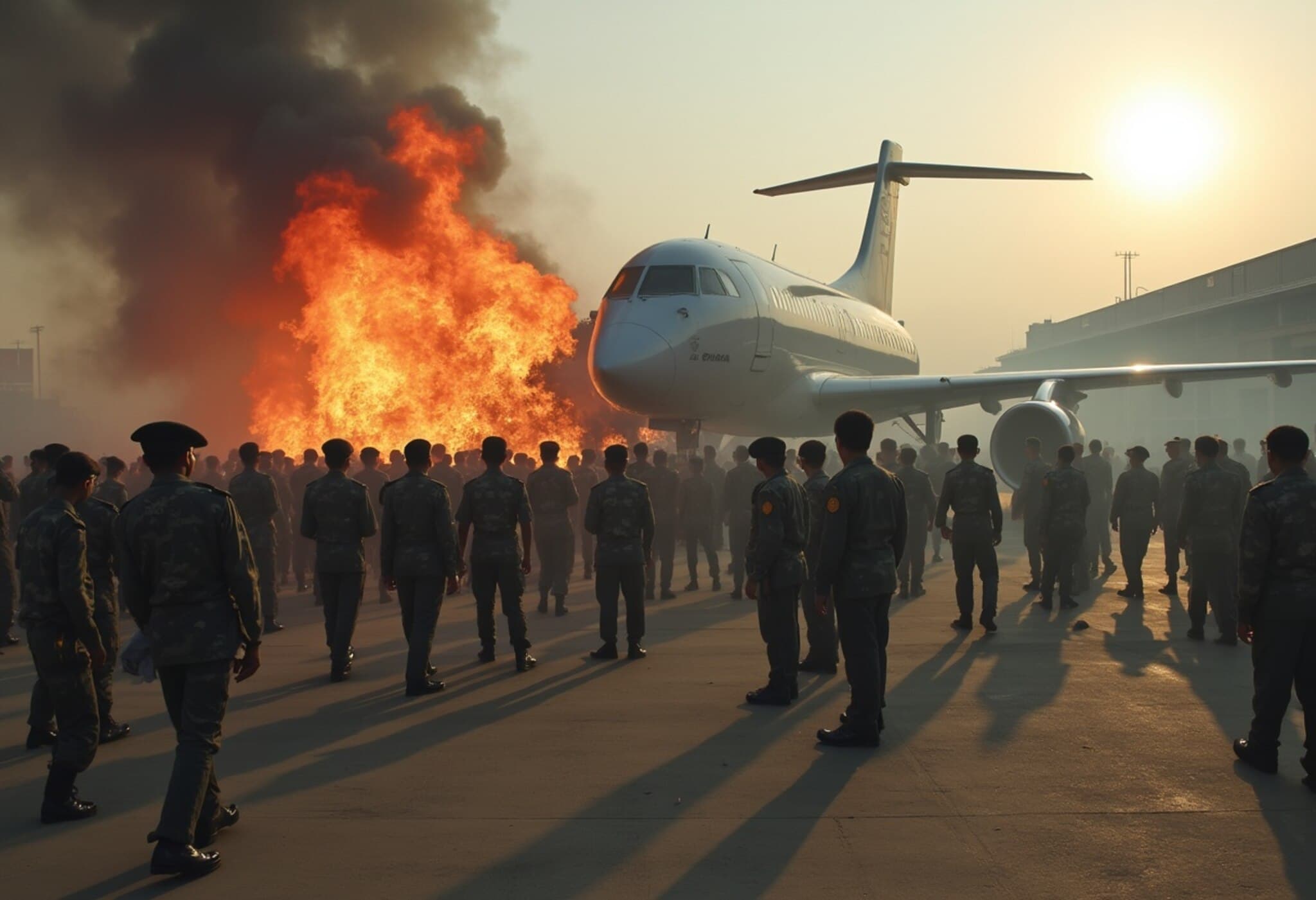Houthi Missile Intercepted Over Ben Gurion Airport Amid Rising Conflict
On Tuesday, Israel's defense forces successfully intercepted a ballistic missile launched towards Ben Gurion International Airport, the country's largest and busiest aviation hub near Tel Aviv. The projectile was fired by Yemen's Houthi militants, who have openly claimed responsibility, marking a significant escalation in the widening regional conflict tied to the ongoing Israel-Hamas war.
Claim of 'Palestine 2' Hypersonic Missile
According to statements from Houthi military spokesperson Yahya Saree, the missile was a "Palestine 2" hypersonic ballistic missile, a claim underscoring the group's enhanced weapons capabilities. Saree had reiterated this claim hours prior to the interception, emphasizing the Houthis' intent to actively target Israeli infrastructure far from Yemen's borders.
Context: Retaliatory Dynamics and Regional Implications
This missile attack closely follows Israeli airstrikes on Houthi positions in Yemen’s strategic Hodeidah port. Officials from the Houthi side, speaking anonymously, reported that a bombing had destroyed a previously rebuilt dock at the port—a critical node for maritime access on the Red Sea.
Israel's strikes appear to be a direct response to the Houthis’ renewed offensive operations across the Red Sea and Gulf of Aden. The Houthis, a group backed by Iran, have targeted vessels bound for Israeli ports and launched missile strikes within Israeli territory, aiming to pressure Israel into ceasing hostilities in Gaza. This tit-for-tat cycle extends the Israel-Palestine conflict's reach, drawing in the broader Middle East and threatening international shipping lanes.
Expert Insight: The Strategic Stakes at Play
From a strategic standpoint, Ben Gurion Airport is not just a civilian facility but a logistical lifeline for Israel, handling millions of passengers and critical cargo annually. An attack on this scale, especially involving advanced missile technology, represents both a bold symbolic message and a tangible threat to Israel’s national security and economy.
Additionally, the persistent targeting of the Hodeidah port by Israeli forces highlights the importance of controlling maritime chokepoints that can influence supply chains and military movements in the region. Experts emphasize that such escalations risk spiraling into broader regional confrontations, potentially involving Iran directly. This scenario increases the urgency for diplomatic interventions to de-escalate tensions.
What Remains Underreported?
- The humanitarian impact on civilian populations in Yemen due to Israeli strikes on Houthi territories.
- Long-term implications for commercial shipping through the Red Sea, a critical global trade artery.
- Potential shifts in U.S. and international policy responses as the conflict broadens beyond Gaza.
Looking Ahead: Fragile Stability and the Search for Resolution
As the conflict expands in scope and geography, the international community faces increasing pressure to broker ceasefires and security guarantees that address all stakeholders’ concerns. The recent missile strike serves as a stark reminder that today’s localized conflicts can rapidly evolve into complex, multi-front regional crises with global ramifications.
Editor's Note
This missile attack on Israel’s key airport symbolizes a dangerous crossing of red lines by the Houthi militia, underscoring the conflict’s widening footprint. For readers, it is crucial to consider how these developments not only shape Middle Eastern security but also impact global commerce and diplomatic relations. Will international mediation succeed in containing this flare-up, or are we witnessing the emergence of a new, more volatile phase in Middle East geopolitics?













